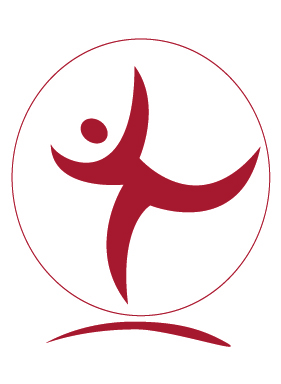Select an item by clicking its checkbox

Rethinking the Christian Studies Classroom: Mapping the Hidden (and Not So Hidden) Dynamics of Teaching Religion in the South
Proposal abstract :
Support is requested to enable a group of professors with responsibilities for teaching Christianity in large public universities in the south to gather during a two-year process in which they reflect critically upon the place of Christian Studies in religious studies in large public universities, develop new models for teaching Christian Studies in this context, and disseminate their results (both successes and remaining or emerging tensions). The proposed gatherings will be held in association with the 2007 and 2008 annual meeting of the Southeastern Commission for the Study of Religion (SECSOR), and the grant will be administered by SECSOR.
Learning Abstract :
"Rethinking the Religious Studies Classroom: Mapping the Hidden (and Not So Hidden) Dynamics of Teaching Religion in the South," discussed two main themes. First, Christianity shapes how our students understand the world, whether they are practitioners or not. Their understandings are informed by personal orientations to Christianity, by social groups such as Life Teen, and by a general sense of growing up with the historical legacies of the South. Thus, students bring forms of identity that we as teachers may threaten, as well as a language for talking about them that is in tension with academic discourse. Developing strategies for unpacking and bridging these differences is key. Second, we came to see that, as Religious Studies departments expand to address religions from a global perspective, two results are gaps in the curriculum on Christianity and a proliferation of methods and discourses that may lead to a breakdown in communication with students and within departments. Developing departmental learning goals becomes crucial, so that we can meet the needs of students, satisfy the many constituents of public universities, and fulfill our mandate to contribute to an informed and critical public discourse.
Support is requested to enable a group of professors with responsibilities for teaching Christianity in large public universities in the south to gather during a two-year process in which they reflect critically upon the place of Christian Studies in religious studies in large public universities, develop new models for teaching Christian Studies in this context, and disseminate their results (both successes and remaining or emerging tensions). The proposed gatherings will be held in association with the 2007 and 2008 annual meeting of the Southeastern Commission for the Study of Religion (SECSOR), and the grant will be administered by SECSOR.
Learning Abstract :
"Rethinking the Religious Studies Classroom: Mapping the Hidden (and Not So Hidden) Dynamics of Teaching Religion in the South," discussed two main themes. First, Christianity shapes how our students understand the world, whether they are practitioners or not. Their understandings are informed by personal orientations to Christianity, by social groups such as Life Teen, and by a general sense of growing up with the historical legacies of the South. Thus, students bring forms of identity that we as teachers may threaten, as well as a language for talking about them that is in tension with academic discourse. Developing strategies for unpacking and bridging these differences is key. Second, we came to see that, as Religious Studies departments expand to address religions from a global perspective, two results are gaps in the curriculum on Christianity and a proliferation of methods and discourses that may lead to a breakdown in communication with students and within departments. Developing departmental learning goals becomes crucial, so that we can meet the needs of students, satisfy the many constituents of public universities, and fulfill our mandate to contribute to an informed and critical public discourse.